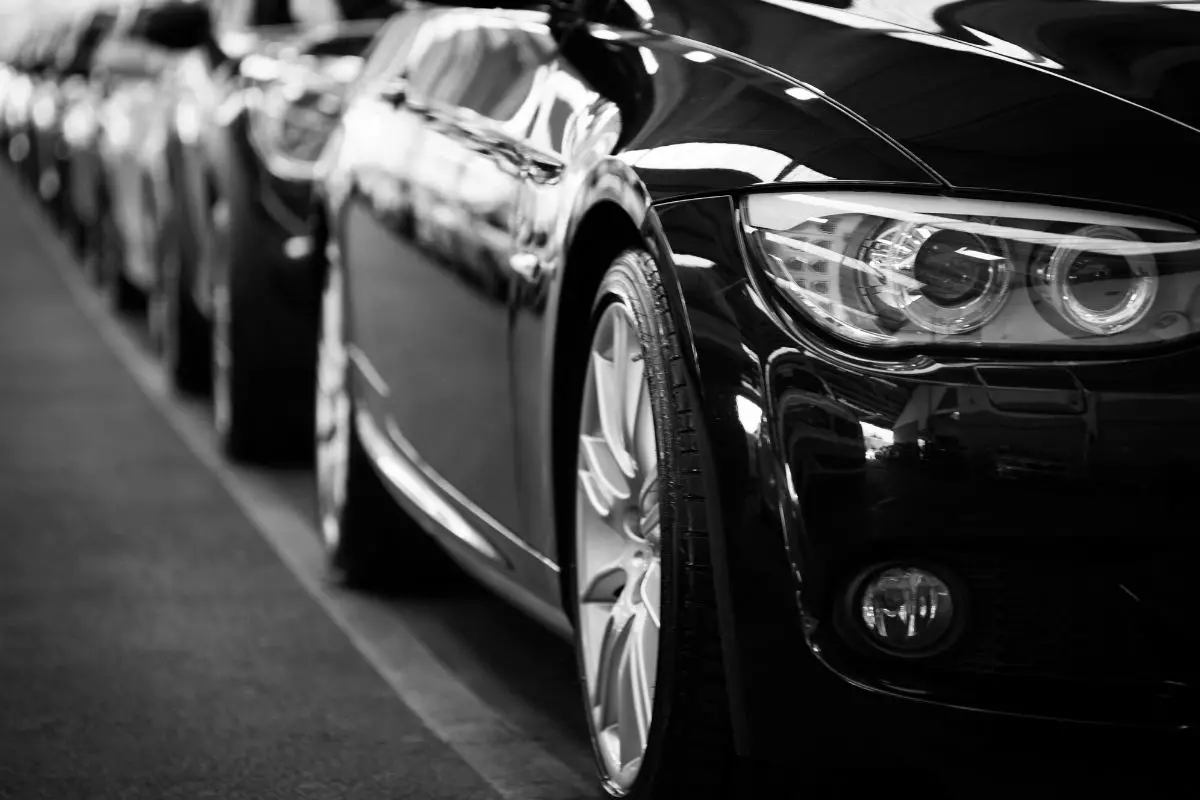We all know that buying a new car isn’t the most money-saving thing to do. They lose value as soon as they are driven off the forecourt.
Many of us though dream of owning a new car and if you’re fed up with having your old used cars breakdown then it may be worth it for you.
Many new cars are now also more economical so if you are looking for a car that produces fewer emissions then a new car may be better then a used one.
Here we lay out our top tips to getting the best deal.
17 buying a new car tips
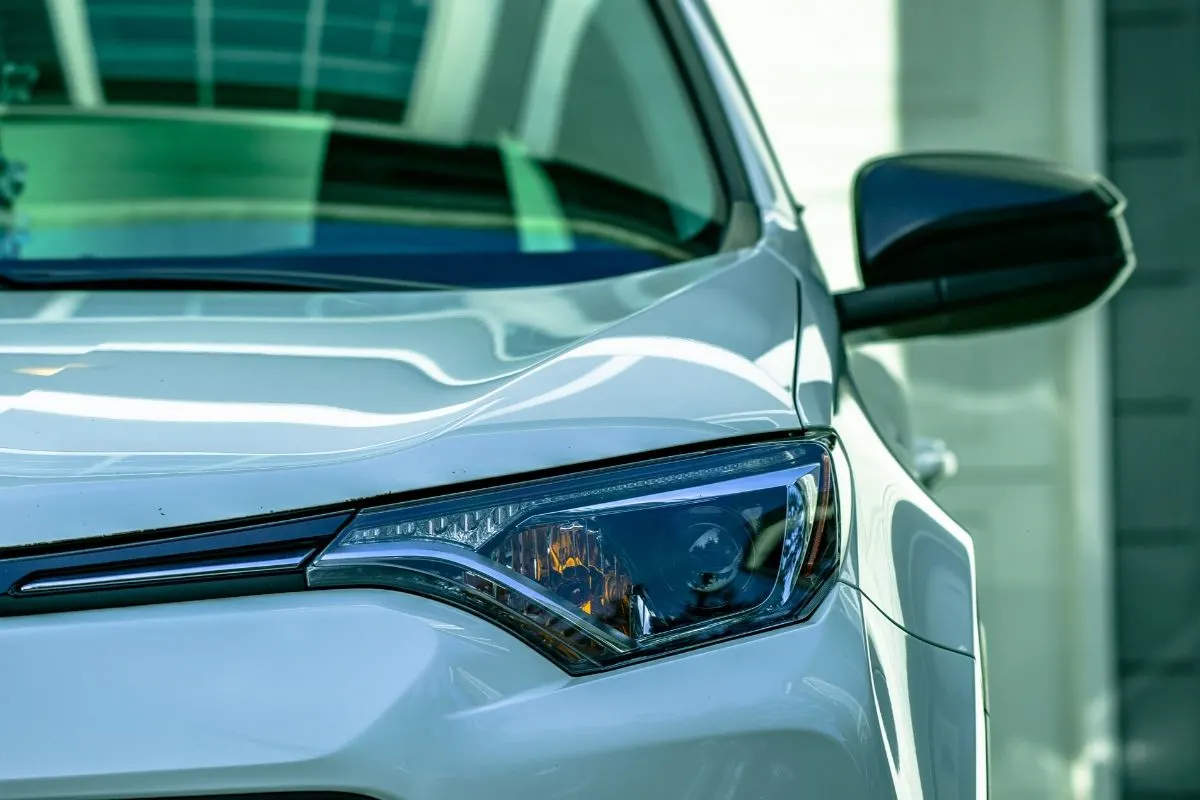
A lot of how much money you spend on your new car will depend of course on what car you choose. There are still loads of ways you can reduce that final bill though.
The first question to ask yourself is if you need a new car. Having a car that is a year or two older can save you money in the longer term.
Many cars lose almost half their value within the first three years so take that into account first and foremost.
1. Research the car you wish to buy
This is when you need to think about the longer term. Are your plans to sell it after three years? Are you going to keep it? Is it going to be big enough if your family grows?
Research your favorite car and find out how much on average they tend to lose over time. Does your car normally sell quickly second hand?
Use a site like What Car? to find out your car’s depreciation value.
2. The time of year matters when buying a new car
Picking the right month to buy your new car is vital to getting the best deal.
A lot of dealers have goals they need to meet with bonuses so they want to sell you a new car. The best time to buy is March, June and September. This is because of the new number plates coming out and the dealers need to move cars so will offer better deals.
Try and avoid weekends as these are normally busy times. Like a payday weekend, if there are more people in the dealership then you are less likely to get the best deal.
Like buying clothes, buy your car in the opposite season. So if you are looking for a four by four then buy it in the summer when everyone else is buying soft tops.
Try not to leave it till the end of the quarter either as if the dealer has met their target then they will be less likely to want to lower the price.
3. Be practical. What do you NEED in a new car to make it work for you?
Have a think about your essentials.
Do you need your new car to be fuel efficient?
How many doors must it have?
Does the car have to have any specific like cruise control or electric brake?
Do you normally do long or short drives? Think about fuel consumption.
Is petrol, diesel or electric better for you? This could make a big difference in your car.
Where do you go? Do you need a big boot to fit in a buggy?
Do you want to go eco? Is hybrid any option right now? Have a look at grants that may be able to help you toward the cost of owning an electric car.
What are the seats made of and do you need to protect them? Infact, do you need to protect the entire car? If you’re going to be parking it on the street, or on a driveway outdoors, you may wish to take a look at this Car Covers site to see if a cover could be a good investment in addition to your new car.
4. Compare running costs
Luckily a few good car sites have done this for you. Look at Parkers or What Car? and do your research.
Compare the different models that you like using the sites above and really get down with the details.
Think about:
Would a smaller engine be cheaper? Do you need a large engine? If not it may be worth finding out how much money you could save by dropping to a 1.0 litre. Bigger engine cars burn more fuel so really think about the kind of driving you do day to day.
Smaller engines are great for town driving and stop and starting at traffic lights. If you need to get up to a high speed quickly then they do end up using more fuel to get moving.
Petrol cars are known to be cheaper than diesel. This is because diesel cars are normally more economical then petrol cars so could save you money.
Really think about it. Desiel cars work out cheaper if you really do the mileage but even at the petrol pump now, desiel is becoming more expensive.
Choosing a manual car could also save you money. Unless you really need an automatic then a manual comes in cheaper. Automatics are well known for being more fuel-efficient though as they don’t need to rev the engine and know the best gear for the car.
Hybrid’s are cheap to run but do really cost more to buy straight off. The great thing is that technology is changing daily with hybrids meaning that you can now get good value for money family cars as hybrids. They tend to keep their worth too on resale and are great on the fuel if you have to sit in traffic for long periods of time.
Weight the savings as it could be worth it for you.
Watch the emissions on all new cars as all now are subject to car tax, so make sure you are factoring this in when you think about the price of the car going forward.
What shocked us wasn’t the first year car tax, which you should be able to get chucked in with the new car when you make the deal. It was more about the second and third-year costs.
What we never knew was that the first-year car tax is based on the number of emissions the car produces but the second year and up it’s based on the car’s list price.
So if your car was listed at £40k or less then you pay a one-off fee of £140 a year for petrol and diesel. A hybrid isn’t much cheaper, coming in at £130 a year.
If the list price of your new car is over £40k then you need to pay an extra £310 a year for five years on top of the above price. This applies to zero-emission cars as well.
Please factor this in before you purchase any car.
5. Smaller cars are cheaper to insure
This sounds like a no brainer and it is. The smaller the car with the fewer gadgets means less insurance.
What we didn’t know in till now was that cars are placed into groups and rankings. The cars ranking is based on things like safety, performance, resale value and cost to fix.
The simpler the car the easiest it is to fix hence the smaller insurance cost.
Run your chosen car through a few price compassion sites before you buy. Get a basic understanding of how much it’s going to cost you yearly to insure.
6. Could you buy a pre-registered?
Owning a car that has been pre-registered means that the dealership have already registered it in their name. This technically means that it’s had one owner already.
The reason that dealers do this is so that can reach targets and get their hefty bonuses. The good thing for us means that you can buy a car that is still brand new, not driven off the forecourt for a lot less then a non-registered car.
The only difference being is that it has been registered before you even brought it.
You can buy a pre-registered car like you would any car. Ask the dealership if they have any in stock right now. They shouldn’t be any more than five to six months old and you should be getting at least 15% off the price. Push hard. Be prepared to walk away from them. If it’s closer to six-months-old then try to get 50% off as they will properly be trying to get rid of it!
Haggle and don’t be scared to really push your luck. Pre-registered cars or test-drive cars still need to be sold so it’s worth going in bold and seeing what happens.
The only downside is that you may not get the specific model you’ve been looking for and the resale value may be less as you’d be classed as the second owner. It’s worth thinking about and deciding if this worries you.
7. Ask about run-out models
These are older models that have been replaced and the dealership needs them sold. We did this on our new car as we knew that the newer model was coming in and the difference between the new model and old one just wasn’t worth the price for us.
8. Don’t be rushed into making a decision
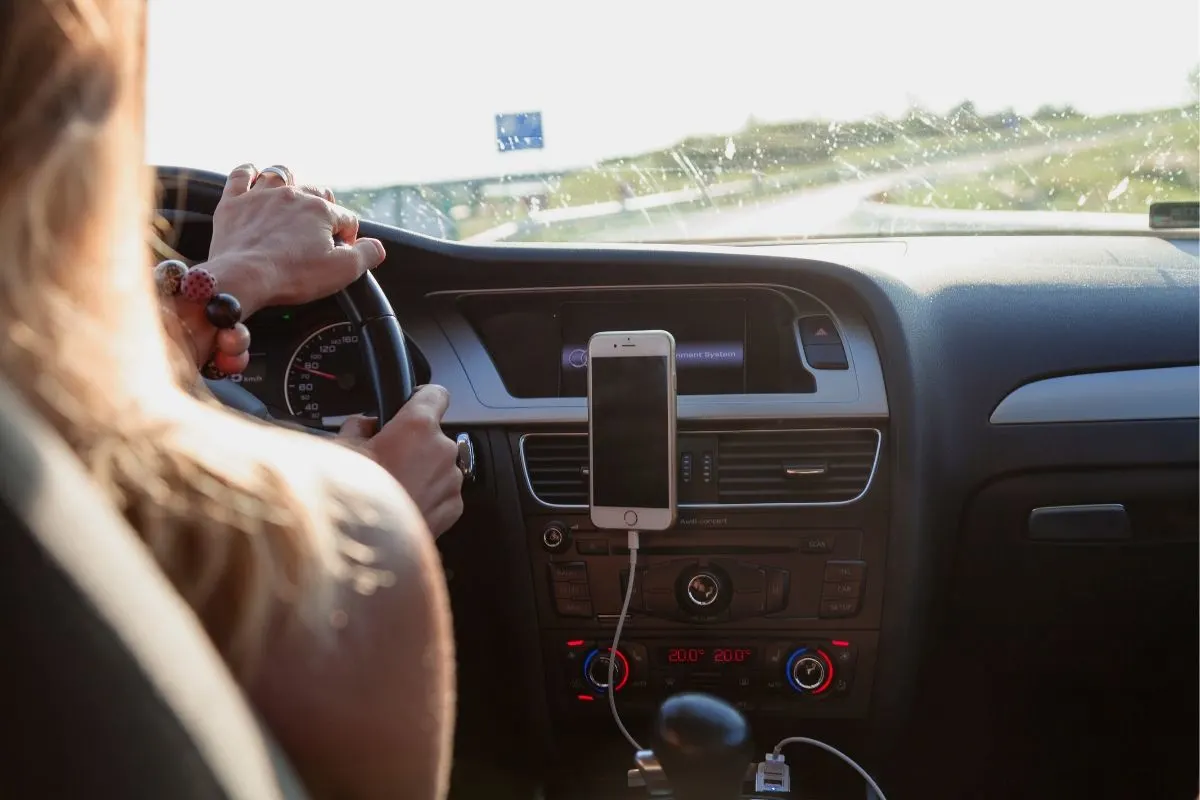
If you’ve decided hand on heart that you can afford a new car then make sure you research it throughout.
Check on sites like What Car? and Parkers for reviews.
Have a think about your monthly budget going forward. Have you budgeted for:
Any upfront costs like a deposit or some sort of down payment?
How are you going to pay? Do you need a loan or are you using the dealer’s finance options?
Work out how much it’s going to cost you in fuel every month.
Check the tax level on your new car.
How much will it be to insure?
Are you keeping it past three years? If so then think about the MOT and servicing costs. Most car service start at around £150 and that’s without any work being done.
How much is a new tyre? or new windscreen? Things happen when you drive a car so make sure you have some wiggle room in your budget if needed.
Cars can be money pits even new one’s so make sure that the new car doesn’t eat into everything to earn.
9. Do you have another car to sell?
Selling privately could be better money-wise. Search the web and find out how much your existing car is worth.
Would the dealer do a good price if you part-exchanged? Be prepared to sell it yourself though and walk away if you don’t get the price you want.
10. Haggle then haggle again!
Don’t be scared to really go to town on your dealer. They are used to it and like you they want to make sure they get a good deal but they would rather get a sale!
Keep in your mind “they want to sell me this car.”
Never walk in and pay the list price of a new car. There is always room to make a deal and if the dealer won’t then they aren’t the right people for you.
If you feel awkward about haggling then start small. Ask them to add in things for free like a full tank of fuel, the first-year service and tax or even floor mats.
Walk away and watch them call you right back. They want that sell and if you push will go as low as they can.
Have a figure in mind that you are happy with and try and get them lower than that. We did ours on a monthly figure as we needed car finance too. We walked in knowing what the top price we could afford would be and got them down lower.
Play each dealer off against each other. This means you might get money off plus all the free things you want as well.
11. Are the extras needed?
Is that different colour you want worth the cost? Is the added computer screen or cruise control going to change your life?
Think about what you can and can’t live without. It way be cheaper in the longer term to buy the next model up then to add the extras on. Do the math and find out!
12. Buying online could be cheaper
Use Carwow. Type in the car you want and watch your local dealers come to you with deals. You will still need to phone them to haggle out the details but it’s a great way to get a quick check on prices and what offers are about on the model you want.
13. Make sure you test drive before you buy
You might love the model to the moon and back on paper but if it’s not nice to drive then it’snot worth it. Make sure you drive it for an hour and really give it a good go.
Park it in as many places as possible.
Run it up the motorway to feel the engine kick in.
How easy is it to fit a car seat in?
What’s it like in the back?
Is the boot big enough?
Just a few things to think about when you are on your test drive.
14. Pay the deposit on a credit card if you can
The more you pay on the credit card means the more protection you have if something goes wrong.
If the car price is more than £100 and up to £30k then anything on your credit card means that they and dealership are liable if anything goes wrong.
Some dealers don’t accept credit cards though or has a limit on how much you can put on them. So make sure you ask before you agree with anything.
15. Ask about the warranty
Hopefully, nothing will go wrong with a brand new car but you never know. Find out what’s included and see if it can be extended. Ask about any millage charges though as this could affect your warranty.
16. Check the paperwork
When buying a new car you get loads of pieces of paper. It may sound silly but make sure you check everything yourself and leave nothing to chance.
Check over the sales agreement and the finance package if applicable. Agree when you will get the new car and when your first payment will be taken out.
Related Posts:
- 23 Best Ways to Save Money and Reduce Food Waste in the UK
- How to Get Free Money UK
- 101 Frugal Living Tips That Will Save You Thousands in 2020
17. Gap insurance
Gap insurance can be useful but has a very bad reputation. If you’ve taken your car out on a scheme then it may be worth looking at gap insurance for your family.
This means that if you have an accident or something happens to your new car then you either get a new one exactly like yours or the price of the car back to the outstanding finance which sometimes is more than the car is actually worth.
Without this, your normal insurer will only pay out what the car is worth at the time. Remember that new cars lose money very quickly.
Without gap insurance, you could be left out of pocket if your car is written off.
We have gap insurance as we found out the hard way how much cars are worth when my last car was written off. I was given nowhere near enough money back from my insurer to even buy a car like for like.
All in all, know your rights and make sure that you are going into this with all the facts.
Money Saving Resources
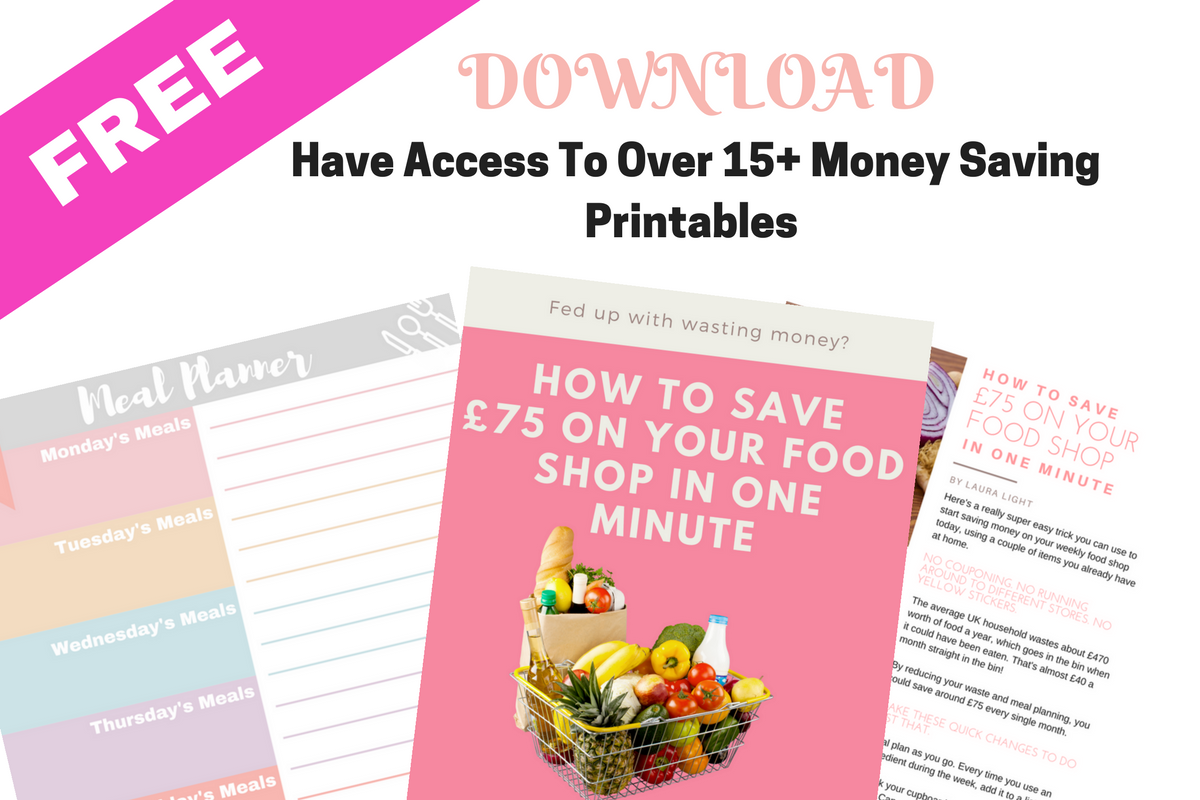
If you find saving money hard then come join our Facebook group Money Saving Mums and get access to The Resource Vault with access to over 15+ money saving printables.
Join our FREE Resource Vault here.
This includes our easy slow cooker meals meal plan, available exclusively to subscribers!
Everything is included from budget planners to meal plans and pre-made shopping lists plus a link to our Money Saving Mums Facebook group!
Laura x
If you enjoyed this post and would like some more money saving ideas, then head over to the saving my family money section here on Savings 4 Savvy Mums where you’ll find over 50 money saving tips to help you save your family more. There’s enough tips to help you save over £300 a month! You could also pop over and follow my family saving Pinterest boards for lots more ideas on how to stop spending and save more; Money Saving Tips for Families and Managing Money for Families.
Love this post? Then why not save it to Pinterest so you can easily find it later.
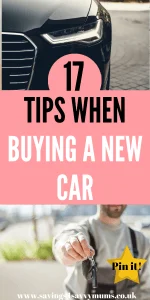
What the * means
If a link has an * by it, then this means it is an affiliate link and helps S4SM stay free for all. If you use the link, it may mean that we receive a very small payment. It will not cost you anymore that it would normally.
You shouldn’t notice any difference and the link will never negatively impact the product. The items we write about are NEVER dictated by these links. We aim to look at all products on the market. If it isn’t possible to get an affiliate link, then the link, or product is still included in the same way, just with a non-paying link.

